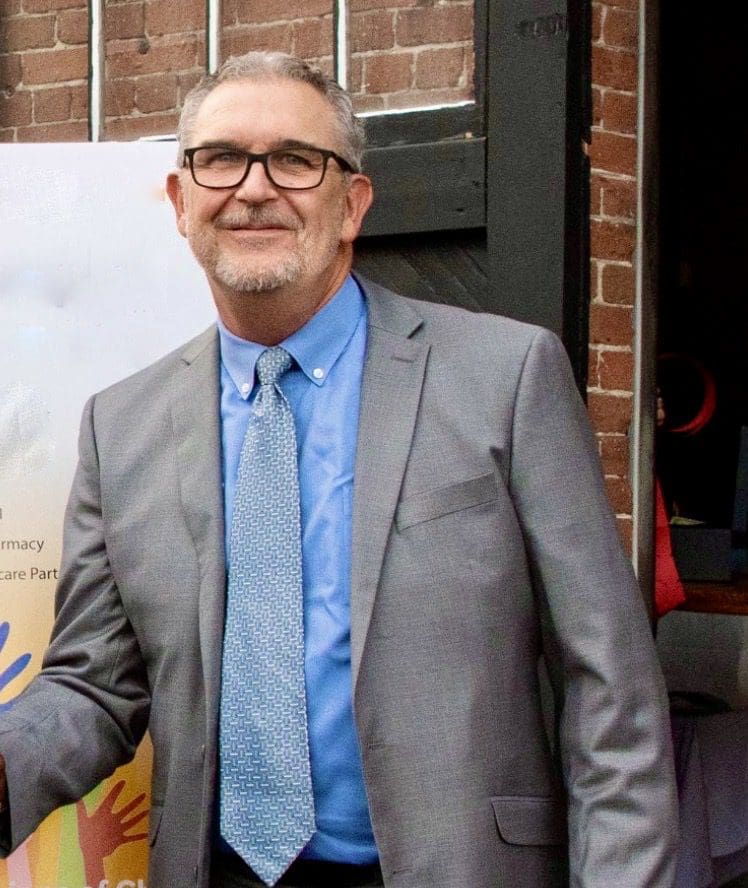Search Posts
Recent Posts
- Vinny Paz to be inducted TODAY into the International Boxing Hall of Fame – CES Boxing June 7, 2025
- In the News… quick recap of the week’s news (6.7.25) June 7, 2025
- Burn with Kearns: Strong without the spend: How scraps became strength tools – Kevin Kearns June 7, 2025
- Rhode Island Weather for June 7, 2025 – Jack Donnelly June 7, 2025
- How to advocate for threatened properties: The Heritage Alliance of Pawtucket June 7, 2025
Categories
Subscribe!
Thanks for subscribing! Please check your email for further instructions.

Homeless in RI: “Lack of vision, planning to blame for homelessness” – Benedict Lessing
by Benedict F. Lessing Jr., commentary
We are barely six months away from the kind of inclement weather that creates dangerous circumstances for people living outside. What we know is that the number of people living outside or as the Coalition to End Homelessness characterizes are living in places unfit for human habitation continues to rise.
Recently, the Boston Globe reported that Massachusetts Gov. Maura Healey approved erecting over 400 temporary shelters sometimes referred to as pallet houses ranging in size from 64 to 100 square feet on public land. The Mass. Director of Capital Assets and Management, also known as DCAMM in lieu of the numbers of individuals struggling with homelessness, mental health and addiction endorses the plan as well as the Executive Office of Health and Human Services. In other words, there is cohesion across State government, a big vision and all hands are on deck.
Rhode Island has encampments all over the State and what is the response? A number of municipalities simply want the unhoused to go away; to where? The crux of this humanitarian crisis is the lack of a coherent vision, plan, coordination and leadership. Blaming the problem on the victims does not make a plan.
Massachusetts is not perfect, there will be public debate and plenty push back, the difference however is that State and local government is taking the problem on. There is recognition that homelessness is a public health crisis, overwhelming hospitals, emergency medical services and public safety. In Rhode Island, we seem to be about optics and false narratives.
Adding to the complexity, there is a growing number of families with children becoming homeless; often living [in] cars or worse. At present, DCYF is pouring resources into sheltering 100+ families working with their thinly stretched community-based providers. This is important to keep families out of the system; particularly foster care placements. However, the stop gap of using hotel rooms to provide shelter is just that; we need better solutions which may require a combination of subsidies and more specialized shelters where families receive stabilization services to prepare them for permanent housing.
In addition to families with children, there are increasing numbers of elderly people that are being squeezed out of housing due to rents they cannot afford as well as individuals with serious health conditions such as COPD, diabetes and cancer. Owing to the dearth of solutions, community-based outreach staff are burned out. They know better than anyone else that compassion only goes so far without resources.
In 2011, the General Assembly passed a statute called the Interagency Council on Homelessness whose mission was specifically to assist this population. The Council is supposed to be comprised of a spectrum of State Agencies whose mandate was to take this problem on. Whereas the newly created Department of Housing is a key player, particularly where emergency shelter and future affordable housing is concerned, it is not sufficient to address the complexity of the problem. Such a Council should be looking at multiple solutions, including but not limited to emergency shelter options and low barrier programming, specialized behavioral health facilities cheaper than hospitals but longer term, and providing detox as well as substance use and psychiatric stabilization and finally, supported housing. Municipalities must be at the table and provide constructive assistance. The objective should be permanent housing for everyone. The last time the Council met was 2014.
We must ask ourselves whether this is the system we want. Is this what human beings deserve? Charity is not the answer, this is a problem we have created, we need to fix it.

Benedict F. Lessing, Jr. MSW
President/CEO – Community Care Alliance www.communitycareri.org, Woonsocket, RI
–
